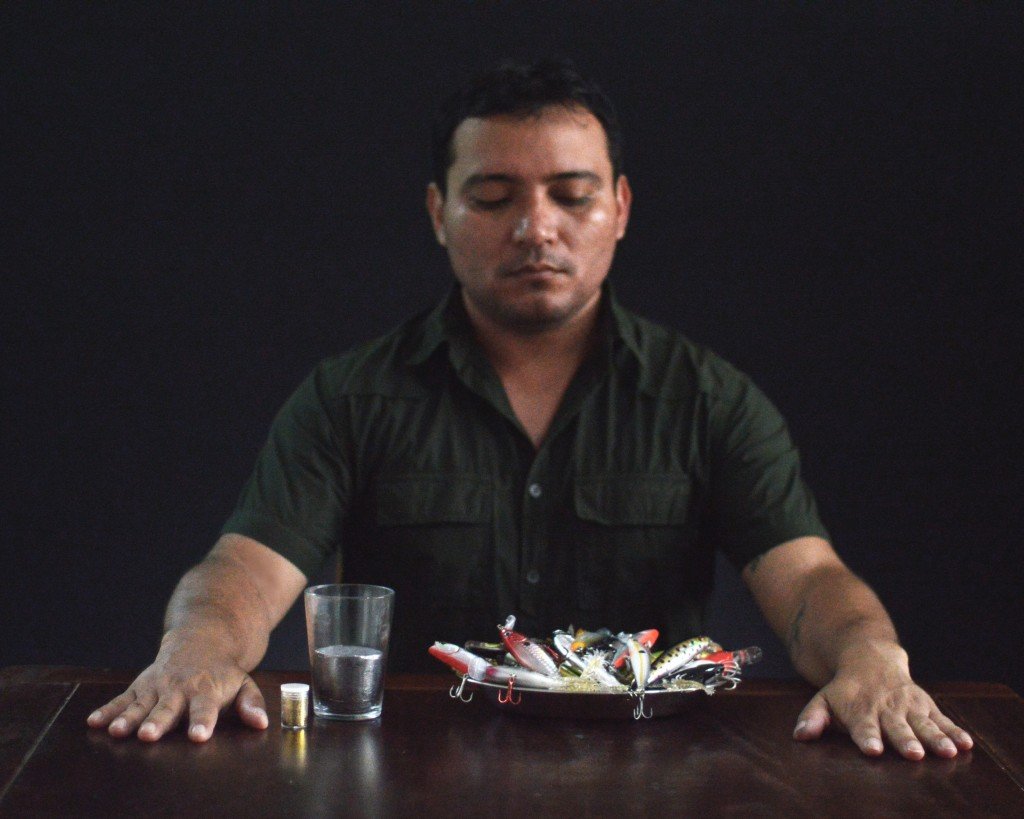Beth Stephens, American
Annie Sprinkle, American
Goodbye Gauley Mountain: An Ecosexual Love Story, 2013
This image is a press photo from the film Goodbye Gauley Mountain: An Ecosexual Love Story. The film reflects the critical elements of the sacrifice zone: an abundance of natural resources that are exploited by a powerful capitalist entity that exports the wealth it extracts, leaving the region in poverty; limited visibility of slow violence; and severe consequences to health. At the same time, it highlights the activism that does exist. The exuberant scene set against the background of mountaintop removal destruction illuminates the intersection of environmentalism, queer identity, and artistic expression that guides both the film and the activism practiced by Stephens and Sprinkle. Environmentalism is reflected by the contrast between the stark background scene of the destroyed mountain top. Queer identity, especially where it includes ecosexuality, is represented by the erotic position of the two women amongst the bloom of flowers. Artistic expression as activism is at the core of the film; creator Stephens initiated the project with the intention of calling attention to the hushed exploitation of Appalachia. Label by Hannah London




